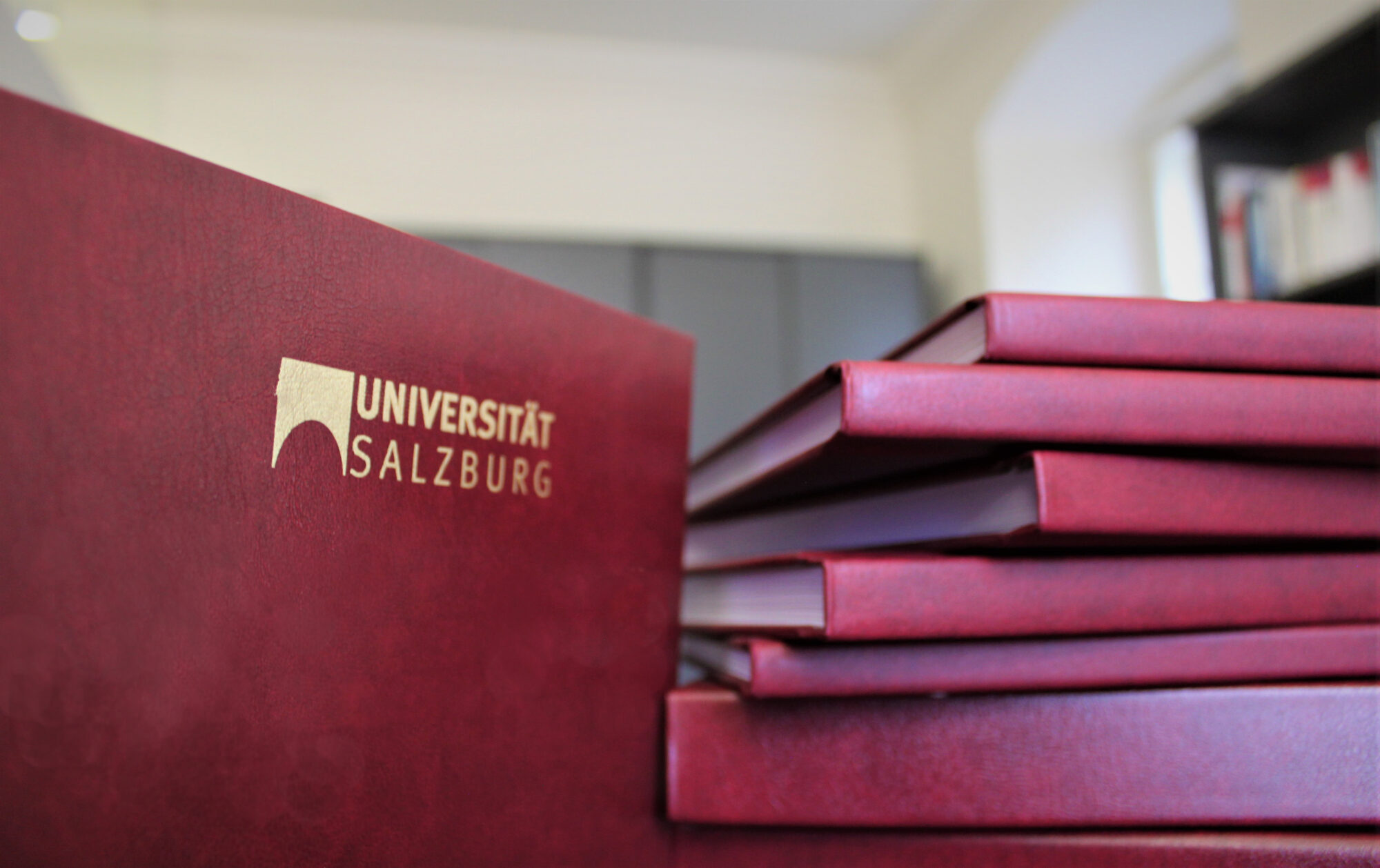Interactive and Interdisciplinary Courses
In a number of interactive and interdisciplinary courses students deal with current and prevailing challenges of European Integration, addressing questions such as the following: How do decision making processes in the European Union look like? Which actors are involved? How do they push their interests? How do national and European levels interconnect? How can regular citizens get involved?
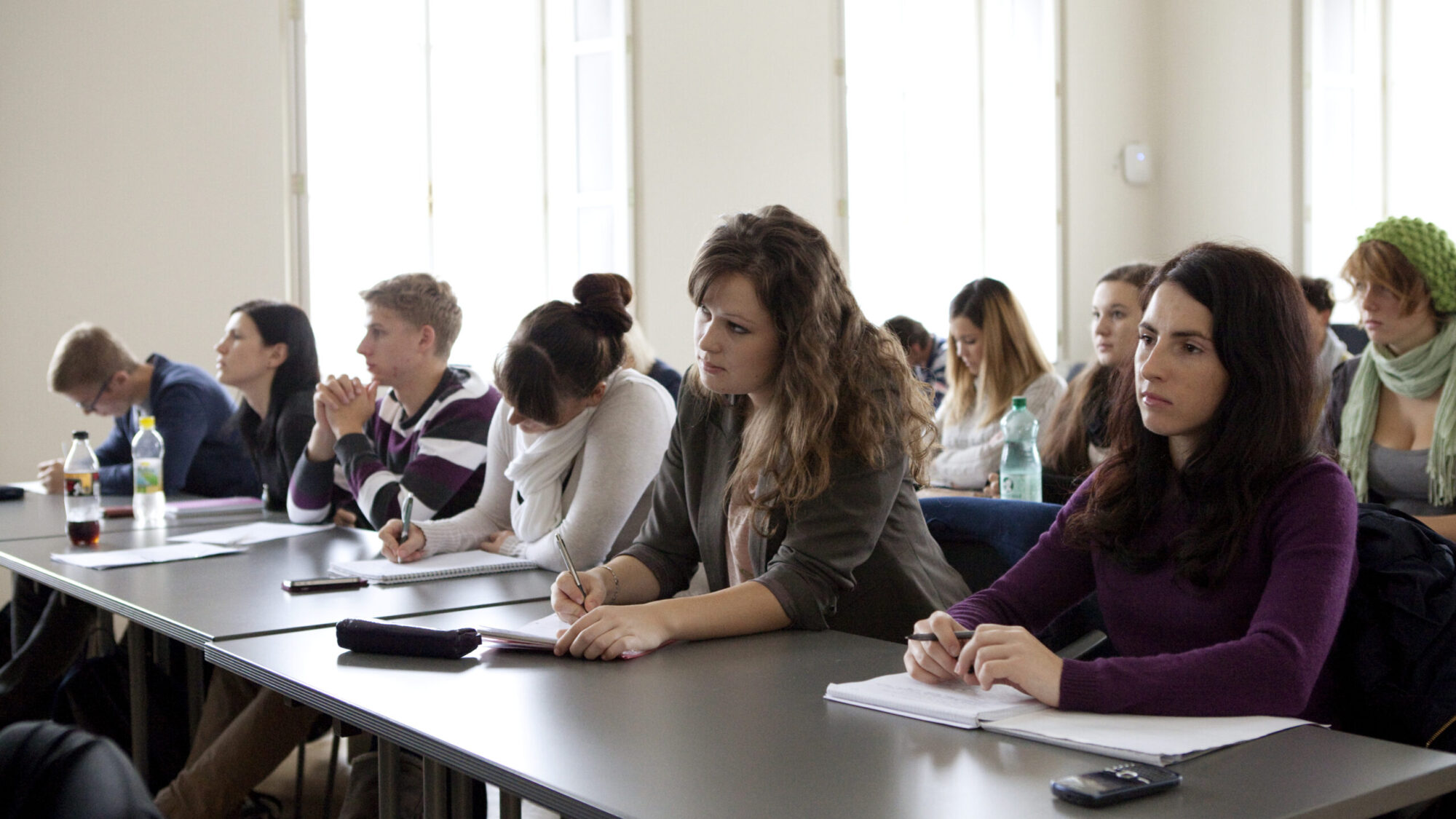
The very first lecture ‘Fundamentals European Union Studies’ covers basic facts and dynamics of the European integration project from the perspective of law, political science and economics. It gives a first impression on how different disciplines interact in understanding and explaining the European Union.
The first semester language course ‘English for EUS’, taught by a native speaker, equips the students with advanced level of English that is needed for their further studies. The course is less about grammar and much more about discussing various interesting topics such as Brexit, organ donation or migration. It is concluded with an oral exam in the form of fictional parliamentary questions to the Commission.
The combined lecture and proseminar ‘Introduction to the Politics of the EU’ present the most important integration theories as well as EU decision-making processes and institutions to the students. The seminar is discussion-based and the students frequently work in groups and play the roles of European politicians and state actors.
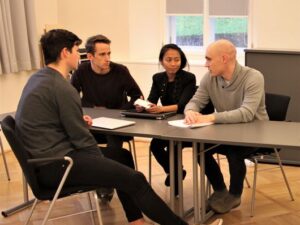
The course ‘Transdisciplinary Methodology’ introduces the three disciplines of EUS (Political Science, Law and Economics) and their research techniques to the students. Former EUS students and other experts present their own research and thus the students gain a ‘first-hand experience’ how to conduct scientific research. The goal of the course is to create an overview of numerous (also interdisciplinary) research techniques so that the students can decide which discipline they want to write their master´s thesis in. At the end of the course the students also come up with a research question which might serve as a basis of their future master´s thesis.
During the one-week excursion ‘EU Institutions in Practice’ students visit the principal EU institutions in Brussels, Luxembourg and Frankfurt. There they get to know the functioning and every-day work in practice and also meet several high-level EU representatives. Furthermore, the students have the opportunity to enjoy sightseeing, a rich cultural programme as well as traditional local food. The excursion is accompanied by a Moot Court which takes place in Salzburg. This simulation enables the students to slip into the roles of ECJ judges and advocates.
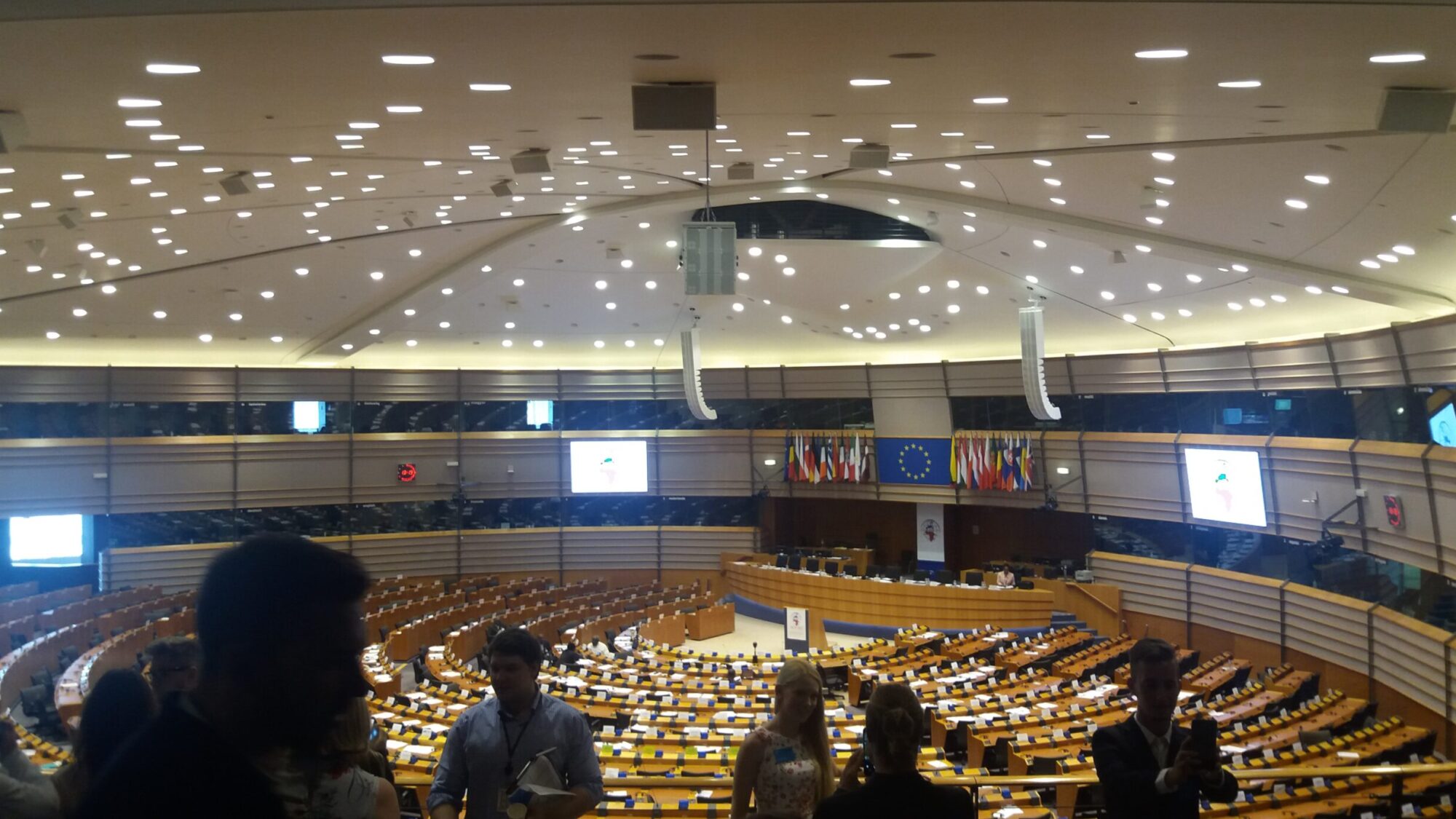
Challenging, but very useful: The interactive seminar ‘Internal Market and EMU’ assesses the European Monetary Union from a legal perspective. Within the seminar students analyse real ECJ cases in detail and come up with their own reasoning and interpretations.
In the seminar ‘How to explain the EU’ students apply various integration theories of the European Union to actual EU policies and discuss potential implications thereof.
The courses ‘Methods in Political Science/Law/Economics’ (of which one is mandatory) make the students familiar with advanced research methods used in one of the three EUS disciplines. After being presented to the theory, students are assigned creative tasks in which they apply those various methods.

In the third semester students choose between various case study seminars: In this interactive lecture including simulations the students take the roles of various countries and write reports, prepare regional briefings and negotiate with each other.
The case study on ‘Common Foreign Security Policy’ introduces the students to one of the most interesting and also controversial policies of the EU. In this interactive seminar students form groups, are assigned diverse world regions and write reports as well as prepare regional briefings. Throughout the whole semester, each student represents one EU Member State in a simulation of Foreign Affairs Council, where students present their countries’ positions and negotiate with each other.
The case study on ‘Labour Mobility in the European Union’ introduces the students to peculiarities of one of the most important EU policies. In this interactive seminar students represent various countries and negotiate with each other. Moreover, they also prove their newly gained knowledge in the form of a quiz and discuss about the challenges and actual country-specific problems related to the free movement of labour within the EU.
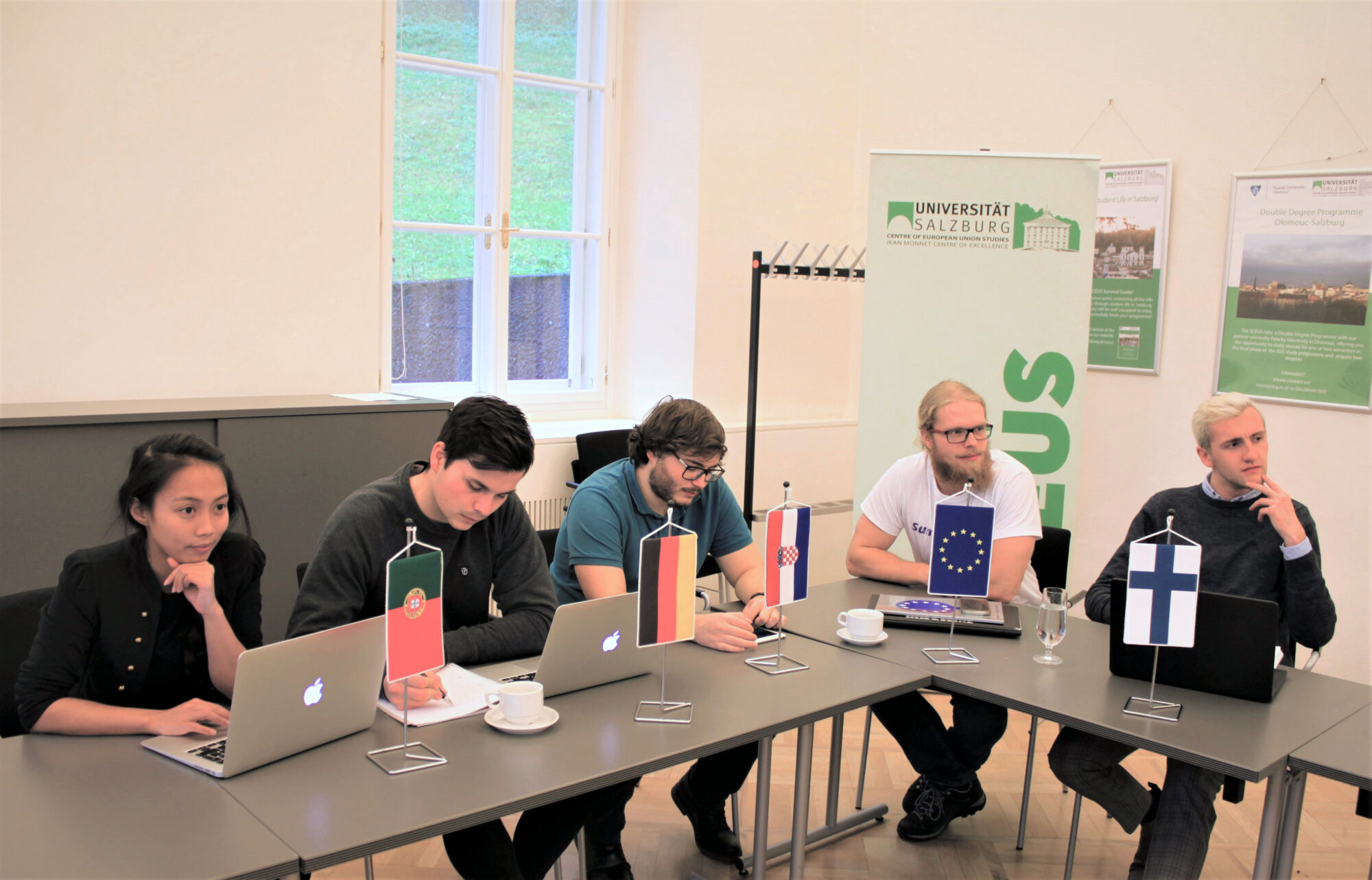
In the seminar and following excursion ‘Transformation in Central and Eastern Europe’, offered in cooperation with the Palacky University in Olomouc,  the students get familiar with the ongoing problems and peculiarities related to the transformation of economic and political systems in Central and Eastern European countries. The seminar, taught by a Czech professor, is specially focused on the developments in neighbouring Czech Republic. Additionally, it is followed by a one-week excursion to the Czech city of Olomouc, where the students take various interesting courses at the Palacky University and also have time to become familiar with other Czech regions or make use of the city’s rich cultural offer and vibrant student life. In the fourth semester students have the opportunity to return to Olomouc when they choose to enroll in a double degree programme, earning a degree from the University of Salzburg as well as from Palacky University.
the students get familiar with the ongoing problems and peculiarities related to the transformation of economic and political systems in Central and Eastern European countries. The seminar, taught by a Czech professor, is specially focused on the developments in neighbouring Czech Republic. Additionally, it is followed by a one-week excursion to the Czech city of Olomouc, where the students take various interesting courses at the Palacky University and also have time to become familiar with other Czech regions or make use of the city’s rich cultural offer and vibrant student life. In the fourth semester students have the opportunity to return to Olomouc when they choose to enroll in a double degree programme, earning a degree from the University of Salzburg as well as from Palacky University.
The most important milestones:
Subject exam Fundamentals of European Union Studies: This written examination covers questions on basic knowledge of the European Union. A reader and information for preparation is provided by the SCEUS. These materials will be thoroughly discussed in a crashcourse at the start of your first semester, giving you a headstart into the programme and preparing you for the subject exam following the course.
Subject exam European Law: this examination covers the content of several lectures. Because of the amount and the complexity of the examination material, thorough preparation is essential. Start studying right at the beginning of the semester and attend the tutorial course which is offered as an additional preparatory class. To make sure that an initial fail will not delay your study progress, we also recommend you to register for early examination dates. For further details about this exam check the exam info on the website! Also, the exam-dates are mentioned there!
Master´s thesis/examination: Starting at the end of the second semester you should start looking for a possible subject for your thesis. You will find a list of possible supervisors for your thesis on the home-page of SCEUS. Ideally the master´s thesis will cover an interdisciplinary question. You find more info about the completion of the programme on the website!
